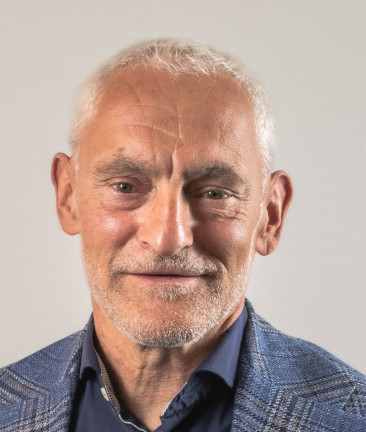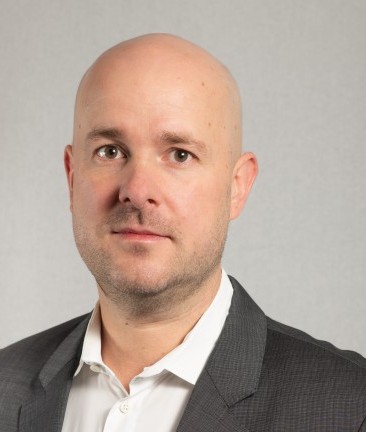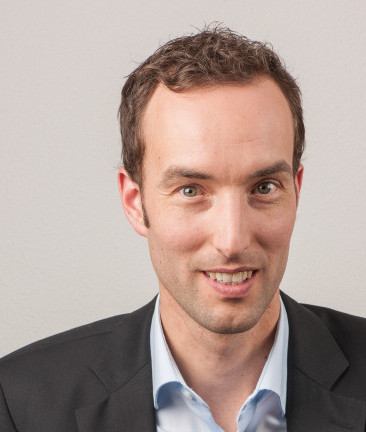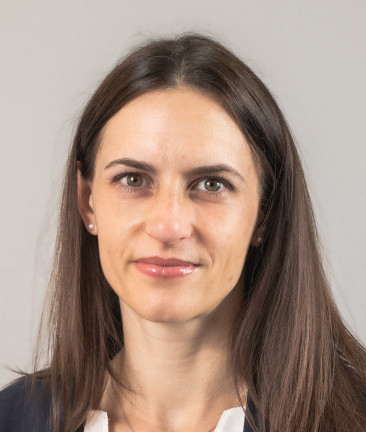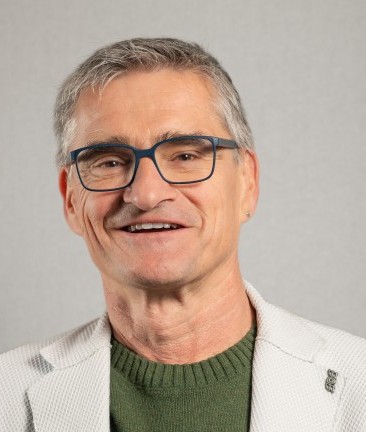
Economic advice, method- and data-based
We are a team of experts, researchers and practitioners with many years of economic experience in various industries. Our methods are data-based, incorporate the latest research findings and are field-tested. This enables us to create reliable analysis and solutions tailored to your requirements and the objectives of your company, public authority or association.
News
Potential and limitations of the new flexibility regulation
As part of the comprehensive revision of electricity supply regulations, new provisions on the use of flexibilities have also been enacted. These are primarily intended to promote the grid-friendly use of flexible generators, consumers and storage facilities. Together with Dr Brigitta Kratz, lawyer and former Vice-President of ElCom, Polynomics examines the new regulations from a legal and economic perspective and highlights the opportunities, but also the limitations, of the regulation.
Barometer for renewable gases in Switzerland, edition 8, October 2025
In Switzerland significant demand for H₂ has yet to emerge. High electricity and operating costs challenge the economic viability of projects; existing electrolysis capacities remain unused.
The current draft of the gas supply act (GasVG) offers little encouragement: renewable gases play only a marginal role. Unlike for renewable electricity, grid feed-in charges remain possible – and an additional cost driver. There is also no possibility to introduce blending quotas. There remains little incentive to accelerate investment or stimulate demand in the future.
For the use of renewable gases – and new technologies – their price and the cost of their utilisation are decisive factors. Resilient planning therefore requires an economic approach: relative costs and price elasticities determine when and where additional demand may arise. These insights form the basis for aligning infrastructure, grid development plans and import capacities in a timely manner.
The Barometer is published by VSG in collaboration with E-Bridge Consulting and Polynomics. It can be subscribed to at https://gazenergie.ch/de/h2-barometer.
The social costs of Duchenne muscular dystrophy in Austria
Duchenne muscular dystrophy (DMD) is a degenerative muscle disease that is inherited via the X-chromosome. The gradual degeneration of the muscles leads to complete paralysis of the extremities and thus to the loss of the ability to walk, to a high level of care dependency and finally to a premature death. There are no licensed therapies in Austria at present that can stop the degenerative progress of the disease.
What are the social costs of DMD in Austria? For the first time, we deter-mined the direct, indirect and intangible costs for each of the four stages of the disease. Wherever possible, we referred to Austrian information on prices and quantities and alternatively used information from international literature or expert estimates.
The social costs of DMD totalled EUR 30 million in 2023, which corre-sponds to EUR 131,000 per patient. Of this amount, 78% (EUR 23.5 mil-lion) were indirect costs arising from productivity losses among patients and their relatives (informal caregiving) and from premature death. The indirect costs were significantly higher than the direct costs in all four stages of the disease. The majority of the social costs (48%) were incurred during the last stages of the disease in which the patients have already lost their ability to walk.
At last, we estimated the lifetime costs of one patient with an average disease progression to be EUR 4.7 million, accompanied by a loss of ap-proximately 60 quality-adjusted life years (QALYs).
Services
Energy supply
Healthcare
Financial sector
Media and telecommunications
Competition economics
Regulatory economics and regulatory impact analysis
Economic policy analyses
Data analysis
Benchmarking / Efficiency analysis
Costing and pricing
Preference measurement / Discrete choice experiment
Publications
Potential and limitations of the new flexibility regulation
As part of the comprehensive revision of electricity supply regulations, new provisions on the use of flexibilities have also been enacted. These are primarily intended to promote the grid-friendly use of flexible generators, consumers and storage facilities. Together with Dr Brigitta Kratz, lawyer and former Vice-President of ElCom, Polynomics examines the new regulations from a legal and economic perspective and highlights the opportunities, but also the limitations, of the regulation.
Barometer for renewable gases in Switzerland, edition 8, October 2025
In Switzerland significant demand for H₂ has yet to emerge. High electricity and operating costs challenge the economic viability of projects; existing electrolysis capacities remain unused.The current draft of the gas supply act (GasVG) offers little encouragement: renewable gases play only a marginal role. Unlike for renewable electricity, grid feed-in charges remain possible – and an additional cost driver. There is also no possibility to introduce blending quotas. There remains little incentive to accelerate investment or stimulate demand in the future.For the use of renewable gases – and new technologies – their price and the cost of their utilisation are decisive factors. Resilient planning therefore requires an economic approach: relative costs and price elasticities determine when and where additional demand may arise. These insights form the basis for aligning infrastructure, grid development plans and import capacities in a timely manner.The Barometer is published by VSG in collaboration with E-Bridge Consulting and Polynomics. It can be subscribed to at https://gazenergie.ch/de/h2-barometer.
The social costs of Duchenne muscular dystrophy in Austria
Duchenne muscular dystrophy (DMD) is a degenerative muscle disease that is inherited via the X-chromosome. The gradual degeneration of the muscles leads to complete paralysis of the extremities and thus to the loss of the ability to walk, to a high level of care dependency and finally to a premature death. There are no licensed therapies in Austria at present that can stop the degenerative progress of the disease.What are the social costs of DMD in Austria? For the first time, we determined the direct, indirect and intangible costs for each of the four stages of the disease. Wherever possible, we referred to Austrian information on prices and quantities and alternatively used information from international literature or expert estimates. The social costs of DMD totalled EUR 30 million in 2023, which corresponds to EUR 131,000 per patient. Of this amount, 78% (EUR 23.5 million) were indirect costs arising from productivity losses among patients and their relatives (informal caregiving) and from premature death. The indirect costs were significantly higher than the direct costs in all four stages of the disease. The majority of the social costs (48%) were incurred during the last stages of the disease in which the patients have already lost their ability to walk.At last, we estimated the lifetime costs of one patient with an average disease progression to be EUR 4.7 million, accompanied by a loss of approximately 60 quality-adjusted life years (QALYs).





